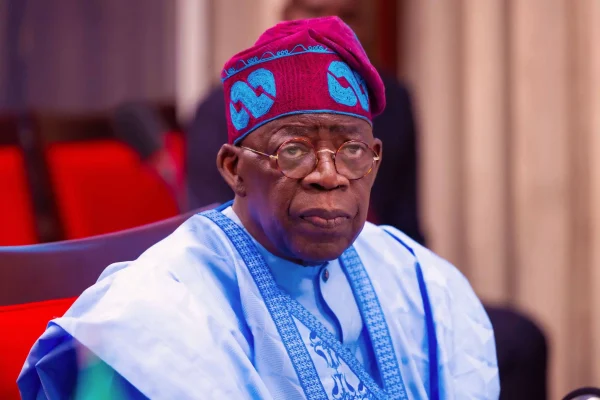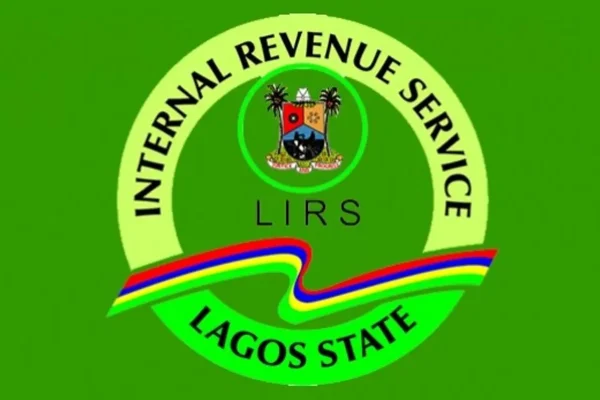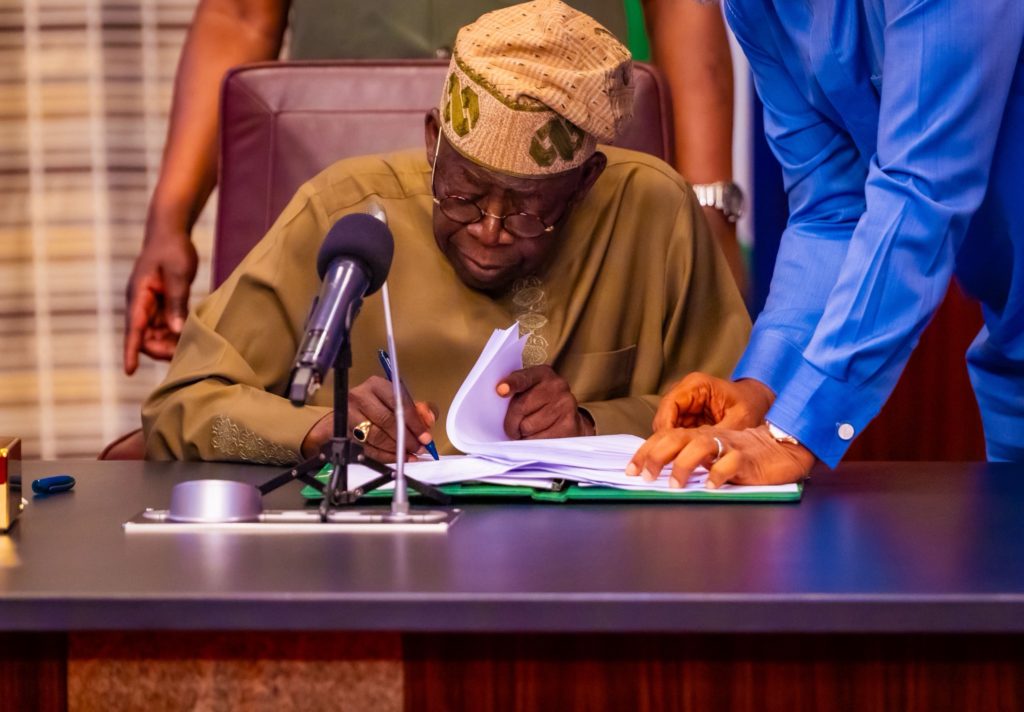Since the conclusion of the 2015 General Elections in April, Nigerians have been looking forward to seeing a change in those who shall form the government at the executive and legislative levels and lead the affairs of the country for the next four years.
While the offices of the President, Vice President, governors and their deputies were directly filled by the elections, the offices of the principal offices of the legislative houses, especially that of the National Assembly was not, at least, until today.
In the period in between the National Assembly elections and the inauguration of the 8th Assembly, discussions have been awash about those who will take the third to sixth highest offices in the land, especially in the past few days with intense politicking and constantly changing permutations and high-wire intrigues among the legislators.
Finally, the offices of the Senate President, the Speaker of the House of Representatives and their deputies have been filled, with the candidates other than those of the party establishment emerging victorious. For political pundits, this period has been an exciting one, especially watching how the opposition Peoples’ Democratic Party (PDP) played a spoiler role gleefully, attempting to pay back how the former opposition helped a rebellious Aminu Tambuwal emerge Speaker in 2011 against the zoning arrangement of the party and its anointed candidate.
Now that the elections are over, it is time for the National Assembly to get down to the assignment for which its members were elected, which is that of making laws that will impact positively on the country and performing oversight functions over the executive.
Judging by the past antecedents of Nigerian politicians, there is a tendency for the candidates who were defeated, their backers outside the Assembly or the ruling party itself to want to make life difficult for the winners in order to take their pound of flesh.
The recent history of the 7th Assembly shows how the four years of former Speaker Tambuwal in the House of Representatives was quite tumultuous, culminating in the fiasco of his security aides withdrawn at a point and members in his support prevented from attending a session while plans were allegedly underfoot to impeach him.
While the politicians involved might think all is fair in this game, they should remember that the public offices they hold is a trust given to them by the people with the expectations that the country will move forward under their watch.
Most importantly, it is the responsibility of the All Progressives’ Congress (APC) as the ruling party to exhibit maturity and not treat the winners as rebellious members that should be dealt with. They should also ensure that their members do not engage in behavior that will be inimical to the progress of work in the National Assembly, and by extension, the country.
The PDP as the main opposition party also has a role to play in ensuring that the 8th Assembly goes smoothly. While they are basking in the euphoria of having pulled off a political masterstroke with their member elected as the Deputy Senate President, they should make sure their activities as an opposition party in the Assembly is not tantamount to stunting legislative work.
We believe that all the legislators and parties are working towards the common goal of developing Nigeria and this goal should act as a guide and driving force for them to not let the politics of electing principal officers subsume the main objective of a parliament.
Nigeria cannot afford to be dragged through such distracting moments














